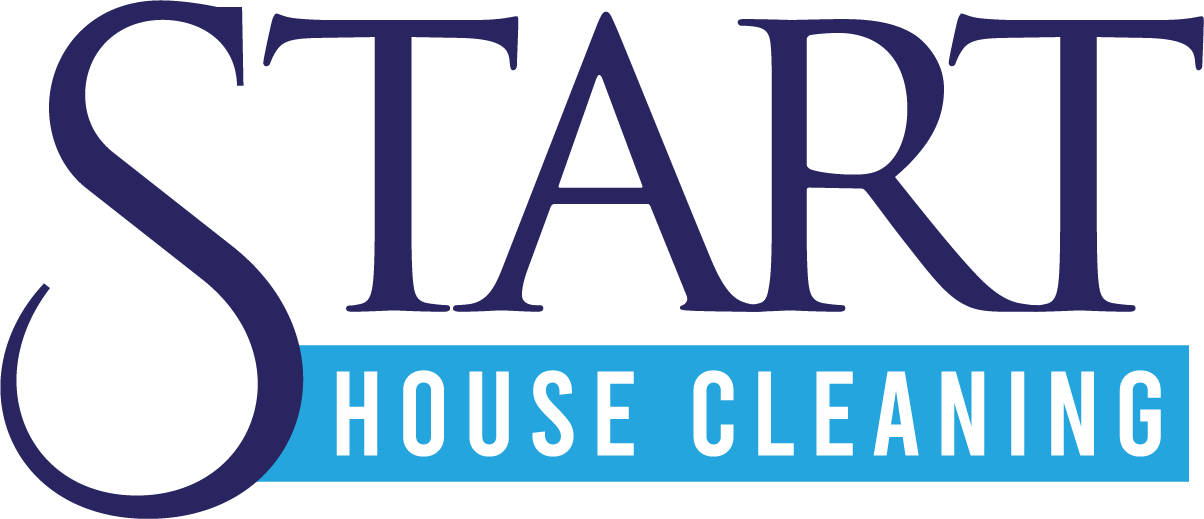How to Fund Your Cleaning Business
There are several ways to fund your cleaning business potentially:
Personal Savings: You can use your personal savings to fund your cleaning business. This option provides complete control over the business but also entails significant personal financial risk.
Business Loans: You can apply for business loans from banks, credit unions, or other financial institutions. These loans typically require collateral or a solid business plan to secure the funds, and interest rates may vary.
Crowdfunding: Crowdfunding platforms like Kickstarter or GoFundMe allow entrepreneurs to raise money from individuals in exchange for rewards or equity in the business.
Grants: As mentioned before, you can apply for grants from government organizations, industry associations, or private organizations that offer grants for small businesses.
Investment: You can seek investment from friends, family or other investors interested in your cleaning business idea. This option typically requires giving up some equity in the business with a repayment plan.
Before choosing a funding option, research and compare the options to find what works best for your business’s financial needs and goals.
How To Get a Grant For a Cleaning Business
There are several ways to obtain grants for your cleaning business potentially:
Government Grants: Check if your local or state government offers small business grants for cleaning businesses. You can visit the website of the Small Business Administration (SBA) to find out about available grants.
Private Grants: Some private organizations offer grants to small businesses, including cleaning businesses. You can search for grants using online directories like Grant Watch or Grants.gov.
Industry Associations: Look for industry associations related to cleaning businesses that may offer grants to their members.
Corporate Grants: Some corporations offer grants to small businesses as part of their corporate social responsibility initiatives. Research companies that align with your business and see if they offer grants.
Be prepared to provide detailed information about your business, including financial statements and business plans, when applying for grants.

How To Get an SBA Loan For a Cleaning Business
Starting a cleaning business can be a lucrative venture, and although it doesn’t require a lot of capital to get started, you might find yourself in a position to require a loan to grow your business in the future.
One way to obtain the necessary funding is to get an SBA loan.
Here are some tips on how to get a loan for your cleaning business.
Establish your business plan and budget.
Before applying for a loan, it is essential to create a solid business plan and budget. A well-thought-out business plan demonstrates to lenders that you have a clear understanding of the market and how you plan to operate your cleaning business. In addition, a budget outlines your expected revenue, expenses, and cash flow, which helps to demonstrate your ability to manage your finances.
Check your credit score.
Your credit score is a critical factor in determining your loan eligibility and interest rates. A good credit score gives lenders confidence that you will repay the loan on time, while a poor credit score may make it difficult to get a loan or result in higher interest rates. It is essential to review your credit score before applying for a loan and work to improve it if necessary.
Research lenders.
There are many options for business loans, including banks, credit unions, and online lenders. Each has different criteria for approval and loan terms, so it is important to research multiple lenders to find the best fit for your business needs. Online lending platforms like Kabbage, OnDeck, and Lendio offer quick and easy loan application processes.
Prepare your loan application.
Once you have identified potential lenders, it’s time to prepare your loan application. You will need to provide a detailed business plan and budget, along with financial statements and tax returns. In addition, some lenders may require a personal guarantee or collateral to secure the loan. Be prepared to provide all required documentation to make the application process go smoothly.
Apply for the loan.
After completing the loan application and gathering all required documentation, it’s time to apply for the loan. Be prepared to answer questions from the lender about your business plan, financial history, and collateral. It’s essential to be honest and transparent throughout the process to build trust with the lender.
In summary, obtaining a loan for your cleaning business requires careful planning and research. Establishing a solid business plan and budget, checking your credit score, researching lenders, preparing a loan application, and applying for the loan are all critical steps in the process. With the right approach, you can obtain the funding you need to start or grow your cleaning business.
What is The Main Differences Between Getting a Business Grant and a Business Loan?
Business grants and business loans are two different ways to fund a business, and they have some key differences:
Repayment: Business grants are non-repayable funds, meaning the recipient is not required to repay the funds received. Business loans, on the other hand, must be repaid with interest over a set period of time.
Eligibility: Business grants are often available to businesses that meet specific criteria, such as operating in a particular industry or serving a specific demographic. Business loans are typically open to any business that meets the lender’s credit and financial criteria.
Approval Process: The approval process for business grants can be competitive and lengthy, requiring a detailed application, and often includes a review process by a grant committee. Business loans usually have a quicker application process and are evaluated based on the borrower’s creditworthiness, business plan, and financial history.
Use of funds: Business grants are typically earmarked for specific purposes, such as research and development or job creation. Business loans can be used for various business expenses, such as equipment purchases or payroll.
In summary, business grants do not require repayment and are often competitive to obtain, whereas business loans must be repaid with interest but are typically more readily available. The choice between the two depends on a business’s financial needs, goals, and eligibility.

More House Cleaning Business Tips & Articles

